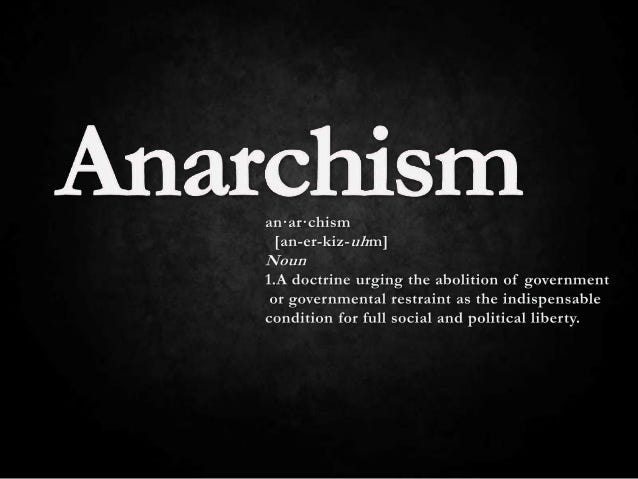

I would say that in the short term, fake news is a problem for journalists. Because if anybody is going to call out fake news, it’s the journalist − the responsible journalist, that is. However, the difference today is that social media and platforms like Google and Facebook enable fake news to spread widely and more quickly than ever before, and that is the problem.įake news changes journalism in that it presents a real challenge to journalism, because it’s not always that easy to distinguish fake news from real news, but it also makes journalism much more important. “There has always been fake news − ever since people realized the power of the media to influence public opinion. The point of fake news is not to tell another narrative, the main aim of fake news is to dismantle the credibility of institutions, including journalism, but not only journalism.” I don’t want to be flippant about it − it is a serious challenge to society and institutionality. “We easily exaggerate the effect of fake news on journalism. It has really damaged the relationship between audience members and the media.” Because fake news exists, audiences are now doubtful about all news. “Fake news poisons the atmosphere that we all operate in. To try to illustrate the problem, the Ethical Journalism Network (EJN) has developed a definition for fake news: “Information deliberately fabricated and published with the intention to deceive and mislead others into believing falsehoods or doubting verifiable facts.” Using this definition, it is easier to separate propaganda, “alternative” facts, and malicious lies from journalism.” But the discussion is already confused by misunderstanding about the phenomenon, its origins, and why it poses a threat in the first place.
Soundbyte definition how to#
“With growing evidence of interference in democratic processes around the world, the debate over how to expose and eliminate fake news is certain to intensify. What do journalists think about this? We asked a few of them to find out. It is the task of responsible journalists and trusted news organizations to douse the flames of this dangerous wildfire and call fake news out for what it really is – lies. But today, with the rise of digital media, it spreads easily and quickly.

UNESCO Atlas of the World's Languages in Dangerįake news, or disinformation, is not a new phenomenon.MGIEP - Mahatma Gandhi Institute of Education for Peace and Sustainable Development.IESALC - International Institute for Higher Education in Latin America and the Caribbean.IITE - Institute for Information Technologies in Education.IICBA - International Institute for Capacity-Building in Africa.IBE - International Bureau of Education.ICTP - International Centre for Theoretical Physics.IIEP - International Institute for Educational Planning.UNEVOC - International Centre for Technical and Vocational Education and Training.Education for Sustainable Development Network.International Coalition of Inclusive and Sustainable Cities – ICCAR.Intergovernmental Oceanographic Commission.Advancing the 2030 Sustainable Development Agenda.


 0 kommentar(er)
0 kommentar(er)
